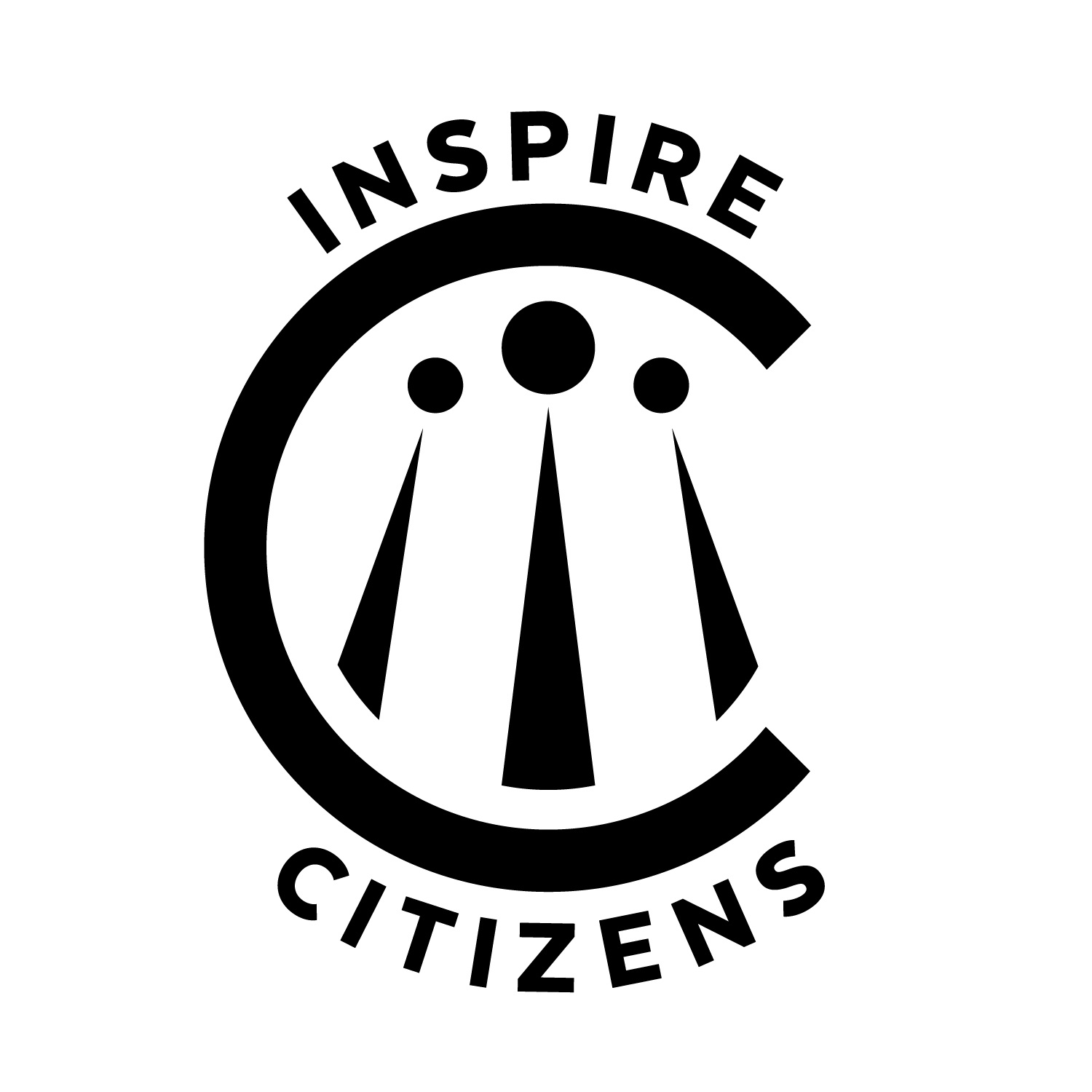Grade 3 students honor farmers & local food systems
The 4-week unit about climate change & sustainable food systems began with a week of foundational learning.
The grade 3 team at Colegio Jorge Washington School (COJOWA) in Cartagena, Colombia, has made sustainable, local food the focus of a social studies unit. And it’s having deep impact on learners and the community.
“I came from a family where my father’s parents were farmers, and I understand how hard it is to farm,” reflects grade 3 teacher Michael Pérez. “Especially when the pandemic came, it was hard for farmers here to survive.”
The grade 3 team planned a unit about climate change using the Inspire Citizens’ Empathy to Impact planner as COJOWA moves into its next stage of curriculum development in partnership with Inspire Citizens.
“Climate change affects everyone in Cartagena,” explains Michael. “We have wintertime moments that affect everyone, and floods can be severe. It can be difficult to get out of your house. So we wanted to find out how this was affecting low income neighbourhoods and people who live outside the city, particularly farmers.”
The team also wanted to explore the relationship between:
Humans and the local landscape
Our economic decisions and effects on landscapes
Awareness/perception and the beauty of Colombia
The unit that came out of this ideation and dialogue is rich and has resulted in deep engagement and learning.
Week one began with a focus on core concepts and vocabulary related to altitude and its effects on varied landscapes in Colombia. Week two focussed on the “aware” portion of the Empathy to Impact model and experts from the school and local community came in to talk to students. One grade 3 parent is the ex Director of Global Warming at Ministerio de Medio Ambiente in Colombia, and students were able to listen, ask questions and learn about climate action, carbon footprints and local food systems.
Week 2 involved deeper learning and investigation.
In week 3, the students began to investigate how to take action to make the community stronger, and the students participated in an orientation to a local community in Cartagena followed by a site visit.
“Everything was very organized with the visit, and Fundación Granitos de Paz, the organization we partner with, is working hard to support families and women living in poverty” explains Michael. “We looked at the community gardens and how things are grown in the area. This was the best part of the unit and the students really enjoyed being there.”
Jessica Benitez, the Community Engagement Coordinator at COJOWA, agrees.
“Olaya Herrera is one of the largest neighborhoods in Cartagena, in terms of size and population, and at the same time it is one of the most affected by extreme poverty,” she says. “Our students went there to learn from the community and then advocate for the farmers and their products. This was the star of the experience, giving the students a real experience like this. They otherwise wouldn’t go to this community and this part of the city. After the visit, students kept asking what they would be doing next and asking if they could do more.”
Week 3 featured on-site learning alongside community engagement and deep listening.
After visiting that community in ¨the other Cartagena¨, students made videos about the plants in the local garden and the experience they had during their visit. They shared these videos with Fundación Granitos de Paz and also created brochures advocating for buying local produce to support Granitos de Paz farmers.
“We invited other students to see the projects and menus they created and flyers were sent home so all parents could support the local farmers,” adds Michael. “We are also trying to see if we can implement more gardening at school, and exploring additional ways we can partner with Granitos de Paz.”
Jessica is thrilled with how this unit unfolded in its first iteration, and is excited that it will run again next year. Parents are also getting engaged in the process by creating balcony gardens and buying more local food.
As COJOWA continues to embed its service learning and global citizenship objectives, this grade 3 experience is a great example of new curriculum that is inquiry-based and involves community partners.
Students demonstrate their learning by sharing with peers, teachers and parents.





